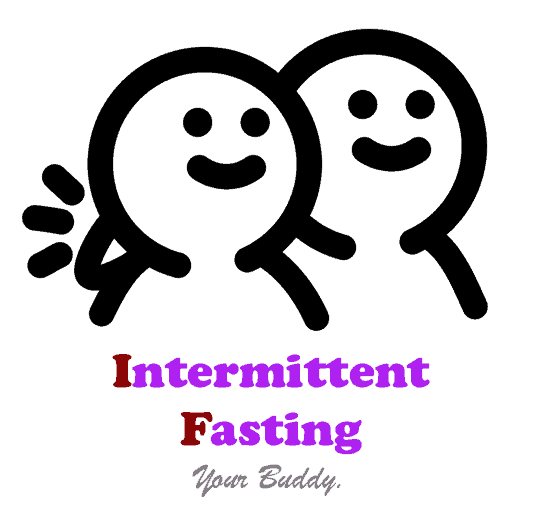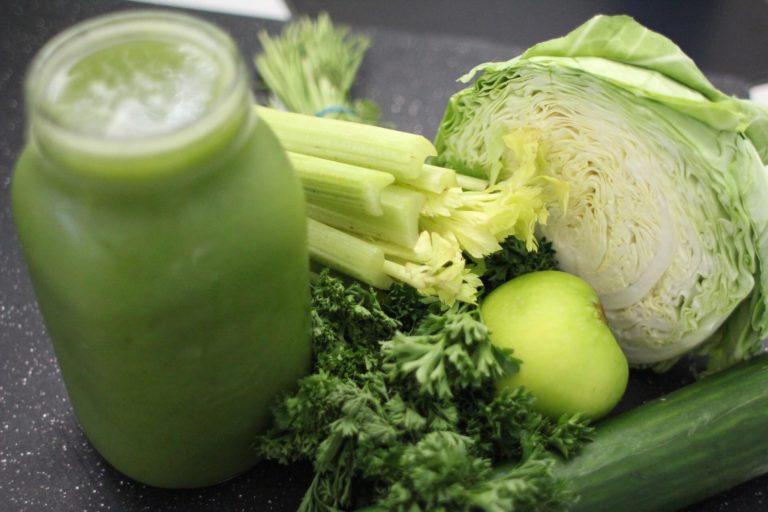Intermittent fasting and natural juices are a very debated topic. In the past few years, there’s been an increasing trend of drinking celery juice, preferably on an empty stomach, for its many health benefits. But does celery juice break a fast?
Like most fruit and vegetable juices, celery juice contains carbs, which means it can cause an insulin response. Intermittent fasting for weight loss or health issues like insulin resistance and diabetes require to keep carbs as close to 0g as possible during your fast. In other words, you may be able to drink a very small amount, but too much of it will break your fast.
Let’s talk more about celery juice while intermittent fasting, its benefits, potential side effects, and more.
Does celery juice break a fast?
Health enthusiasts usually recommend at least 1 cup of celery juice to get all the nutrients and benefits. If you take a look at its macros, you’ll notice 1 cup of celery juice comes with about 2 grams of protein, 9.48 grams of carbs, and 0.38 grams of fat. In other words, the quantity of carbs is way above the limit for fasting and it will break your fast.
It is safe to say that anything more than one sip is an absolute ‘no’ during your fasting window. However, celery juice can be a great way to start your eating window, so don’t think you need to remove it completely from your diet.
Can you have green juice on intermittent fasting?
This depends on the composition of the juice and the quantity. Most conventional green juices contain at least one small piece of fruit to make it taste better. Needless to say, that’s not something you can have during your fasting window because it will immediately break your fast.
Juices that are made of leafy greens, such as romaine lettuce or kale have less of a chance of causing an insulin response in small quantities. For instance, one cup of raw kale contains 0.9 grams of carbs, while one cup of romaine lettuce contains 0.2 grams of carbs. In other words, if you want to have juice with these two ingredients, you could, as long as you use about a quarter to a half cup of kale and one cup of romaine. This will keep your carbs at around 0.5-.0.7, which means you technically won’t break your fast.
However, green juices in general have more health benefits when you use larger quantities of veggies (8 Best Vegetables for Intermittent Fasting). So looking at things from this perspective, it is probably best if you have your juice at the beginning of your eating window if you want to drink it on an empty stomach. Otherwise, have it at any time during your eating window.
Effects of celery juice on intermittent fasting
Celery juice has many health benefits. While it is true that it will break your fast, drinking at the beginning or during your eating window will still help you rip all those benefits and more. Because you’re skipping at least one meal a day due to intermittent fasting, you have fewer chances of getting all the necessary nutrients from food alone. Celery juice is a fantastic way to get a boost of vitamins and minerals that are quickly absorbed by the body.
Benefits

Celery juice is very hydrating. I know what you’re probably thinking: “I’m already drinking tons of liquids during the fast!”. But if you’re like most people, you’re probably also drinking coffee which dehydrates you. Being properly hydrated is crucial for brain function, blood pressure management, kidney health, and more.
Despite being fairly high in carbohydrates, too high to drink while fasting at least, celery juice is low in sugar with a low glycemic index. A cup contains only 5 grams of sugar, all naturally occurring. This means that even though it does cause an insulin response, it won’t spike your blood sugar a lot, as opposed to other store-bought beverages. In other words, it won’t mess up your weight loss and/or blood sugar management efforts.
Celery juice also has anti-inflammatory properties. Some say intermittent fasting can also help with inflammation. But unfortunately, this effect is not guaranteed unless you also pay attention to your diet and your lifestyle. Junk food is still junk food – intermittent fasting may reduce its harmful effects, but it won’t make them disappear. Celery contains antioxidants that help lower oxidative stress. They also help lower the risk of issues like heart disease, obesity, diabetes, and more.
Risks
Despite being all-natural, celery juice may come with some risks, especially if you take it on an empty stomach after a long fast.
The biggest risk is that of digestive issues such as bloating and diarrhea. Your digestive tract is more sensitive to what you eat or drink after a fast. While drinking a natural juice may seem like a good idea, it may be an issue for some people. For instance, if you suffer from IBD-D, or you know you have a harder time digesting raw fruits and veggies on an empty stomach, you may want to be cautious with celery juice.
There is also a very rare risk of an allergic reaction such as eczema or hives. If you’ve had celery before and you didn’t have an allergic reaction, chances are you’ll be fine with a cup of juice. However, if you’re drinking it immediately after fasting, you may be a bit more sensitive than usual, so the risk increases.
The bottom line
Does celery juice break a fast? Yes, sadly it does. A cup contains about 9.5 grams of carbohydrates, which is well above the minimum allowed while fasting. However, that doesn’t mean you can’t have celery juice at all. You can have it when you break your fast, or at any other time during your eating window. It will help you get more vitamins and minerals, it will keep you hydrated without messing up your blood sugar, as normal beverages would. However, if you experience digestive issues, try to avoid drinking it on an empty stomach.

